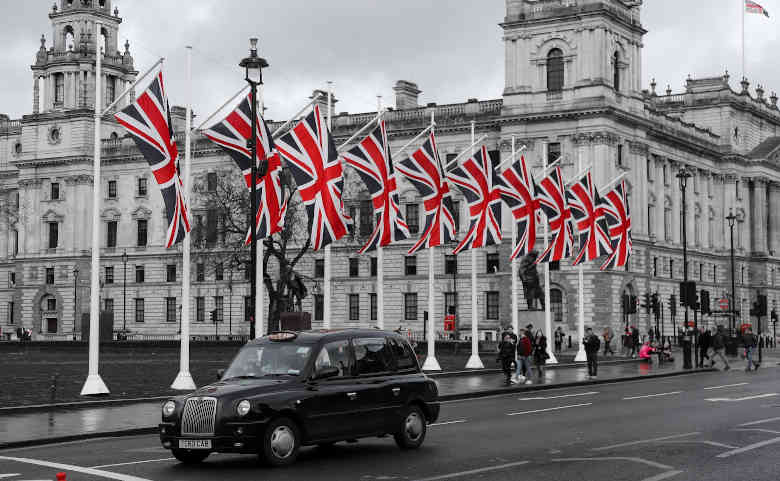History Reclaimed, January 14, Professor Gwythian Prins
These are the voices from face-to-face contacts at the human level where whatever made colonial encounters work day to day, primarily occurred. These are voices whose traces are only rarely found in archives, other than intermediated; and it is exceptionally risky to deduce what they were saying – and the thoughts behind them – from just looking at the outside surface of events. Since such deduction is commonplace and unremarked in historical methodology within English social history, say, it means that recovery of both the ‘outside’ and the ‘inside’ of events – the famous prescription of R.G. Collingwood – actually demands a higher ‘entry price’ for the serious empirical historian of imperial encounters than is required in other branches of the profession.
In the introduction to his formative history of the making of the English working class, E.P. Thompson wrote in famous words of the centrality of human agency: “the working class did not rise like the sun at an appointed time. It was present at its own making.” He also wrote passionately of his ambition to protect the voiceless from the “enormous condescension of posterity.”
Many, I suggest maybe most of us, who have sought to understand colonial encounters in methodologically reliable ways, share both those objectives. This has consequences. Being a serious Africanist demands a high entry price. It requires a depth of knowledge of cultures, languages, geography, history, and many other technical disciplines which few today have, or indeed can acquire. The reasons for this are several.
Click here to read the piece in full.

